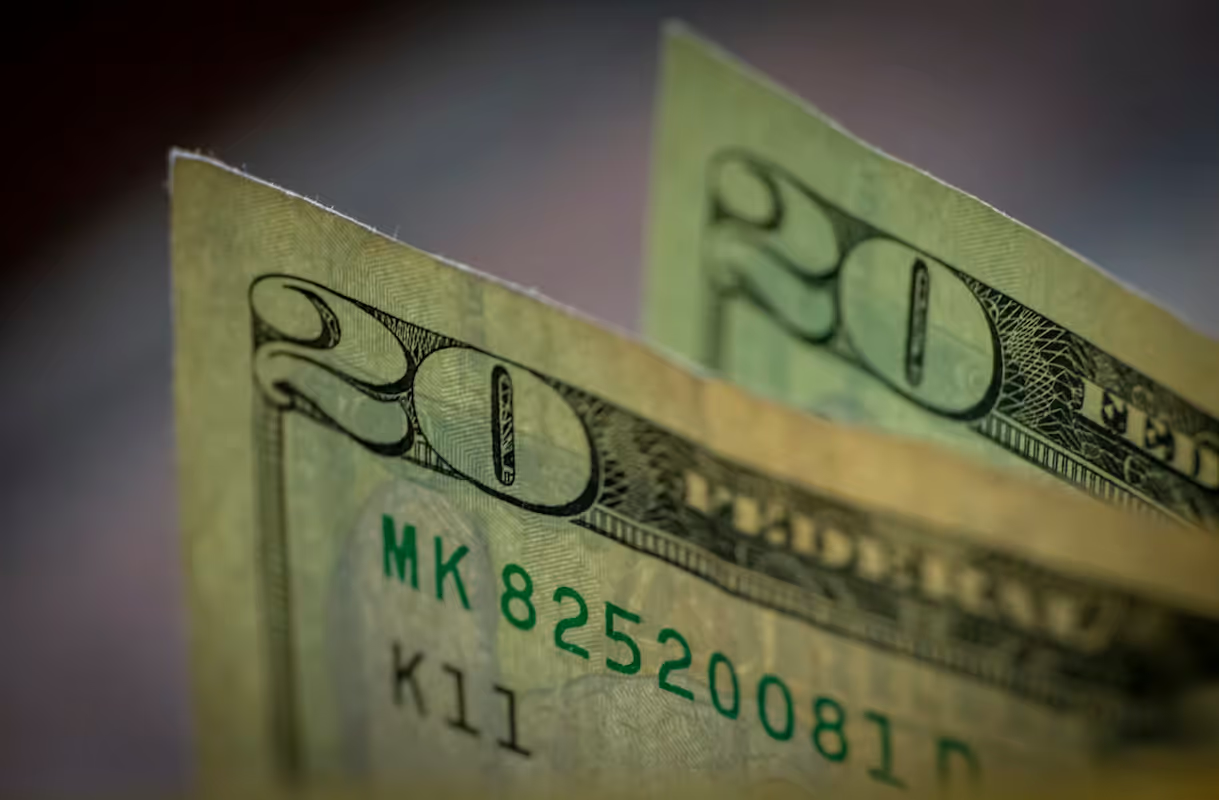
Kudos has partnered with CardRatings and Red Ventures for our coverage of credit card products. Kudos, CardRatings, and Red Ventures may receive a commission from card issuers. Kudos may receive commission from card issuers. Some of the card offers that appear on Kudos are from advertisers and may impact how and where card products appear on the site. Kudos tries to include as many card companies and offers as we are aware of, including offers from issuers that don't pay us, but we may not cover all card companies or all available card offers. You don't have to use our links, but we're grateful when you do!
Does NSF Affect Your Credit Score?
July 1, 2025


Quick Answers
An NSF fee from your bank is not directly reported to credit bureaus and will not, by itself, affect your credit score.
If the bounced payment was intended for a creditor, such as for a loan or credit card, they will report the missed payment, which can negatively impact your score.
Should an unpaid debt from an NSF transaction be sent to a collections agency, it will appear on your credit report and can cause significant damage.
What is an NSF?
An NSF, or non-sufficient funds, event occurs when you attempt a transaction without enough money in your account to cover the full amount. As a result, your financial institution will decline the payment and return it unpaid to the entity you were trying to pay. The bank typically charges a penalty, known as an NSF fee, for processing this returned transaction.
While an NSF fee from your bank does not directly impact your credit score, the situation can lead to negative reporting. If the original bill you tried to pay remains outstanding, the creditor can report this late or missed payment to the major credit bureaus. This reported delinquency is what can ultimately lower your credit score, not the bank fee itself.
How NSF Transactions Can Affect Your Credit Score
While a single NSF transaction isn't reported to credit bureaus and won’t directly lower your score, the chain reaction it can set off could eventually cause significant damage to your credit.
- Initial Bounced Payment: Your payment attempt fails due to non-sufficient funds. Your bank charges you an NSF fee, but this transaction between you and your bank does not affect your credit score.
- The Unpaid Bill: The original bill you intended to pay is now overdue. The creditor (e.g., your utility company or lender) will likely charge you a late fee for the missed payment.
- Late Payment Reporting: If the bill is for a credit account like a loan or credit card, the lender can report the delinquency to credit bureaus once it's 30 days past due, causing your score to drop.
- Sent to Collections: If any bill remains unpaid for several months, the original creditor may give up on collecting the debt themselves and sell it to a third-party collection agency.
- Collections on Your Report: The collection agency will report the unpaid debt to the credit bureaus. A collection account is a serious negative event that can severely harm your credit score for up to seven years.
How Much Will NSF Affect Your Credit Score?
The direct impact of a non-sufficient funds (NSF) fee on your credit score isn't straightforward, as several factors determine the potential damage. Consider the following points to understand how your credit could be affected.
- Indirect Impact. An NSF fee itself is not reported to credit bureaus. However, if the original debt remains unpaid, the account may be sent to a collections agency, which will negatively affect your credit score.
- Collection Agency Reporting. The damage depends on whether the collection agency reports the debt to the major credit bureaus. A reported collection account can remain on your credit report for up to seven years, lowering your score.
How You Can Avoid NSF Affecting Your Credit Score
Set Up Overdraft Protection
Consider enrolling in your bank's overdraft protection program. This service links your checking account to a savings account, credit card, or line of credit, automatically covering transactions that exceed your balance. This prevents the initial returned payment and subsequent NSF fee from occurring.
Monitor Your Account Balance
Regularly checking your account balance is a simple yet effective strategy. By staying aware of your available funds through online banking or mobile apps, you can avoid making payments that your account cannot cover, thus preventing an NSF situation before it starts.
Use Account Alerts
Most financial institutions offer low-balance alerts via email or text message. Setting up these notifications provides a timely reminder when your funds are running low, giving you the chance to deposit money and avoid the hassle and potential credit impact of an NSF.
Ways to Improve Your Credit Score
Your credit score is not set in stone; with consistent effort and positive financial habits, it's always possible to improve your creditworthiness. While it can take time, there are several proven methods you can use to build a healthier credit profile.
- Monitor your credit reports regularly. Check your reports from all three major bureaus to spot and dispute any inaccuracies, which can provide a quick boost to your score.
- Establish automatic bill payments. Payment history is the single largest factor in your score, so automating payments ensures you never miss a due date.
- Reduce your credit utilization ratio. Aim to use less than 30% of your available credit, as this is the second most important component of your score.
- Become an authorized user. Being added to an account with a long history of on-time payments can add positive data to your credit file and increase your available credit.
- Diversify your credit mix. Lenders like to see that you can responsibly manage different types of credit, such as credit cards and installment loans.
- Limit hard inquiries. When shopping for new credit, use prequalification tools and group your applications within a short timeframe to minimize the impact on your score.
The Bottom Line
An NSF fee does not directly impact your credit score. However, if the associated debt is sent to collections due to non-payment, this can be reported and subsequently lower your score.
Frequently Asked Questions
Will a single NSF fee hurt my credit score?
Not directly. Your bank doesn't report NSF fees to credit bureaus. However, if the original unpaid debt goes to a collection agency, that will damage your score.
How long does an NSF-related collection stay on my credit report?
A collection account from an unpaid debt can remain on your credit report for up to seven years, significantly impacting your score throughout that period, even if paid.
Can frequent NSF fees indirectly affect my credit?
Yes. While not reported, banks may close your account for frequent NSFs. This can make it difficult to get approved for new bank accounts or future loans.

Supercharge Your Credit Cards
Experience smarter spending with Kudos and unlock more from your credit cards. Earn $20.00 when you sign up for Kudos with "GET20" and make an eligible Kudos Boost purchase.
Editorial Disclosure: Opinions expressed here are those of Kudos alone, not those of any bank, credit card issuer, hotel, airline, or other entity. This content has not been reviewed, approved or otherwise endorsed by any of the entities included within the post.





















.webp)
.webp)
.webp)
.webp)















